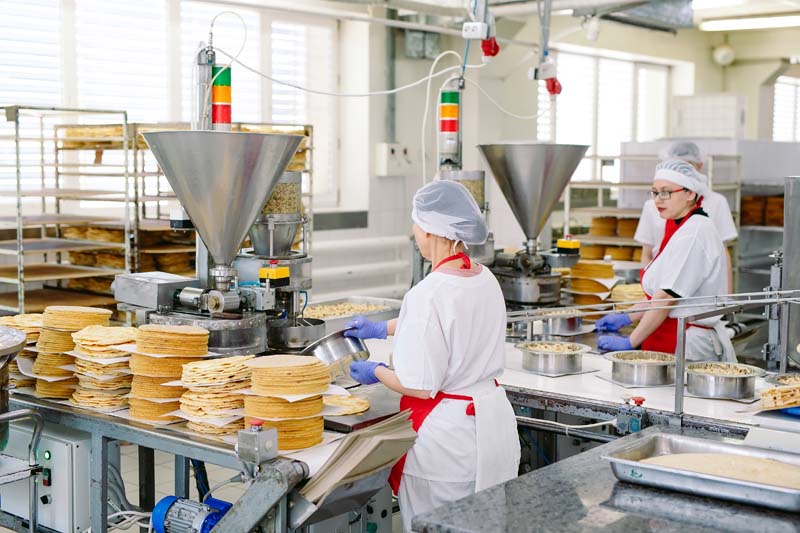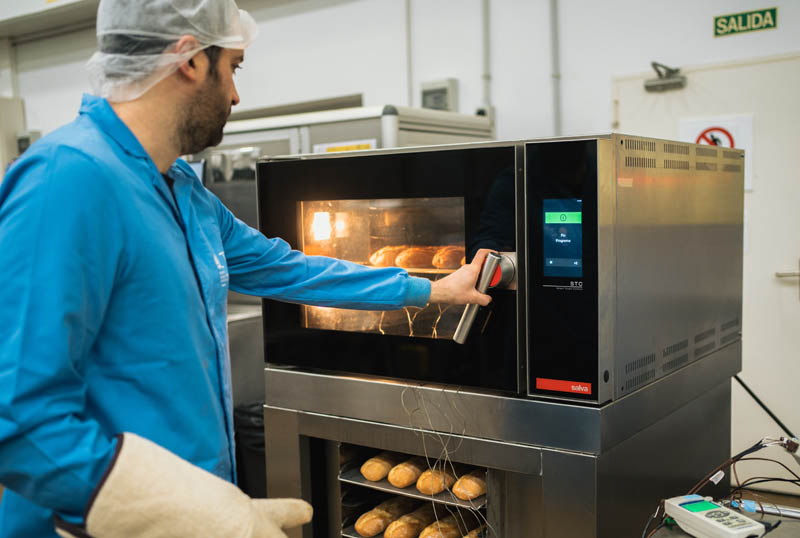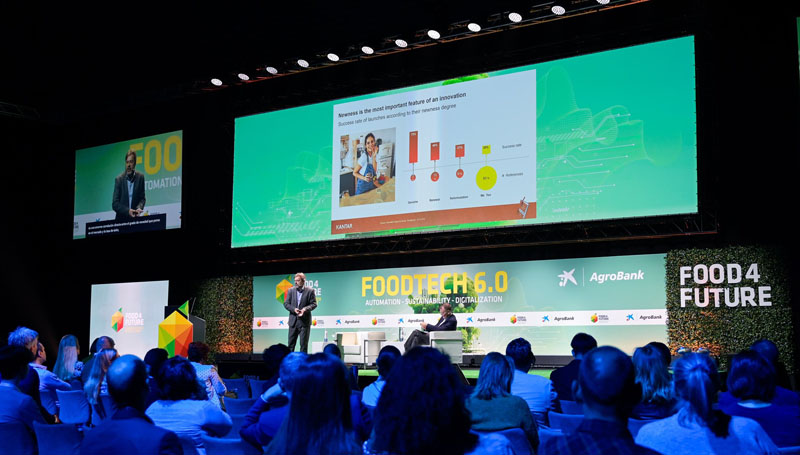Technologies for sustainability in the food industry: the innovative approach of AZTI
Últimas noticias
Una mirada LGTBIQ+ al reino animal
Circular Economy in Action: Valorisation of By-products through Projects like PRIMA NEWFEED
Strategic Perspectives: Highlights from the Food4Future World Summit for Business Leaders
CAROLINA NAJAR. Food Market Manager. AZTI
“Farm-to-fork” strategies, the Food Transition Act, carbon labelling policies, food waste reduction and new tax rates make it clear: future economic development will be sustainable or there will be no development.
In a world that is increasingly aware of the importance of environmental impacts, the food system is at the centre of attention as both a cause and a victim of the impacts of food production and manufacturing. Therefore, promoting more sustainable and responsible production is essential to reduce environmental degradation and achieve the SDGs. In business, the approach to sustainability is and will be much more strategic. It means improving processes and making savings, but it also means strengthening the values of the brands that are committed to this strategy, in order to respond to the need and social demand to achieve zero impact in our activities.
In this context, AZTI, an internationally renowned marine and food research centre, has positioned itself as an undisputed leader in strengthening the innovative capacity of companies in the food value chain by designing socially, economically and environmentally sustainable solutions.
With a multidisciplinary approach and using knowledge, science and technology, we are committed to collaboration and innovation through the development of projects and platforms that aim to assess, simulate and minimise the environmental impact of food products and processes.
Collaboration, innovation and digitalisation are the pillars of our approach to developing a valuable and value-driven sector. More than ever, science and technology are needed to move in this direction. The answer lies in science.
Índice de contenidos
Envirodigital: A revolutionary approach
One of the biggest contributions we can make at AZTI is the development of Envirodigital, the only environmental management software (SaaS) specialised in the food industry and based on the Environmental Product Footprint. This digital tool integrates data and scientific models to accurately and effectively assess the environmental impact of food products and processes.
Envirodigital takes a holistic approach to analysing data relating to production, transport, energy consumption and waste generated throughout the food supply chain. This valuable information enables companies to identify areas for improvement through simulation and take concrete, data-driven action to reduce their environmental footprint.

AZTInnova: Collaboration for innovation
Most of the challenges we face in the sector cannot be solved in isolation, but require a holistic level of discussion with approaches that take into account different perspectives. In this sense, at AZTI we understand that collaboration and co-creation are essential to drive sustainable and valuable innovation in the food industry.
That is why we have created the AZTInnova initiative, an exclusive community of collaborative and technological innovation for the food value chain, which aims to find solutions to the sector’s challenges through shared dialogue.
AZTInnova facilitates the transfer of knowledge and technology, promoting collaborative research and development projects to implement joint initiatives between all the sector’s players, aimed at creating value through collaborative sustainable solutions. In an open and transversal way, which is the key to generating innovative solutions throughout the sector.
Efficiency and digitalisation: Key Pillars for Sustainability
In a global context characterised by challenges such as climate change, scarcity of natural resources and population growth, efficiency in resource use and process management has become crucial. From an overall sustainability perspective, AZTI has prioritised the development of solutions based on AI, water and energy savings, by-product valorisation and automation. Providing companies with global and partial management indicators of their processes and products for decision-making has been one of the driving forces for improving the implementation of efficient processes and use of resources, which not only reduces production costs but also allows companies to adapt quickly to changes in legislation, demand or the price of market inputs.







